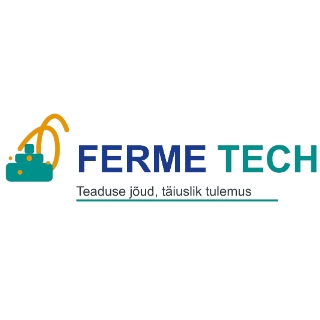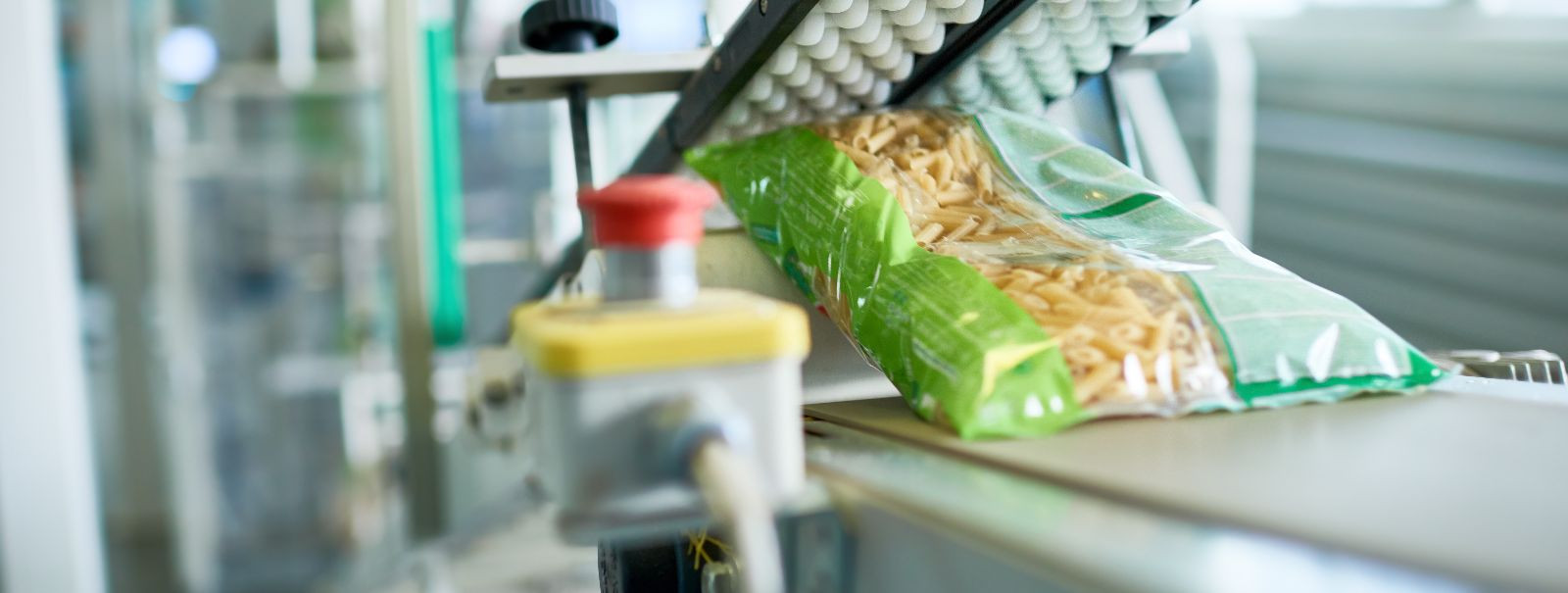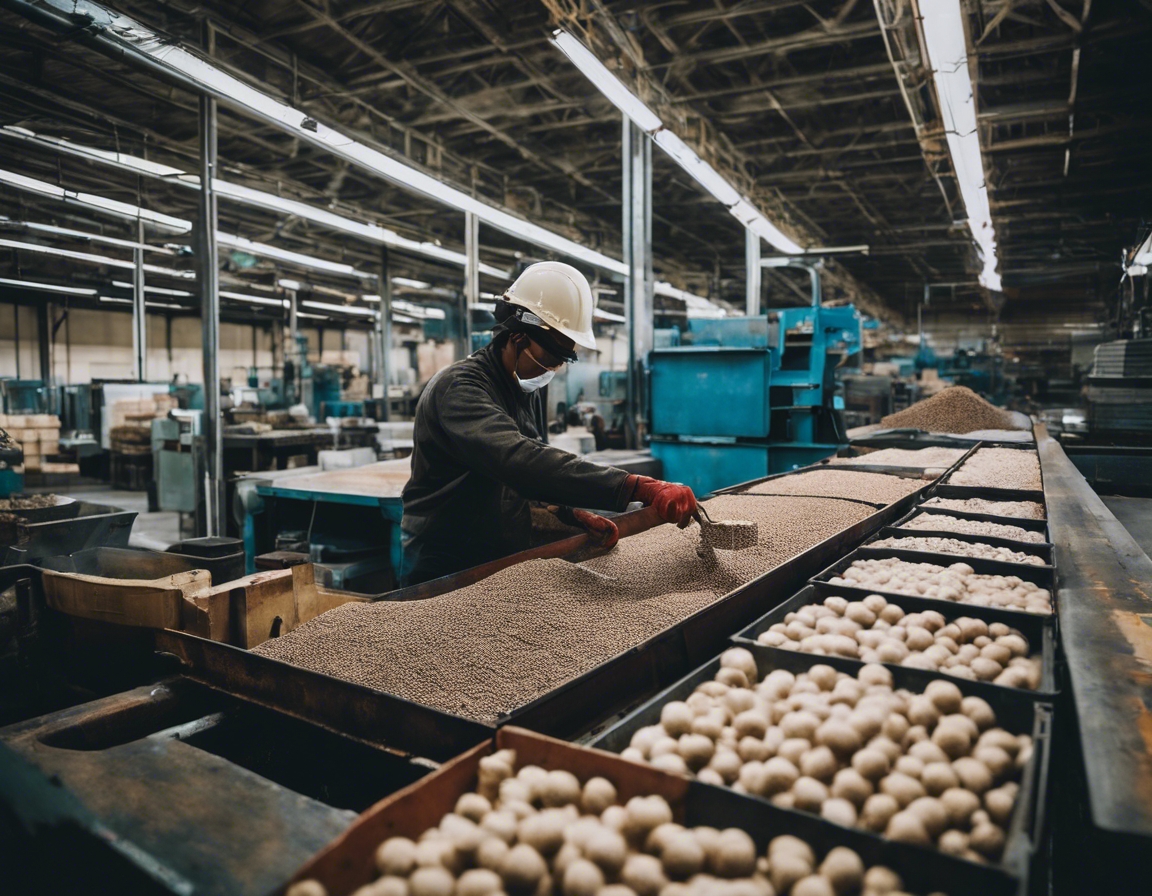Sustainable practices in food processing
Sustainability in food processing is about creating products in ways that are environmentally responsible, socially beneficial, and economically viable. It involves a holistic approach that considers the entire lifecycle of food production, from sourcing raw materials to manufacturing, distribution, consumption, and disposal.
Adopting sustainable practices is not just an ethical choice but a strategic one for food processors. It helps in reducing operational costs, meeting regulatory requirements, and satisfying consumer demand for eco-friendly products. Moreover, it contributes to the long-term viability of the food industry and the health of our planet.
Key Areas for Sustainable Development in Food Processing
Improving energy efficiency in food processing plants can lead to significant cost savings and a reduction in greenhouse gas emissions. This can be achieved through the use of energy-efficient equipment, optimizing production processes, and utilizing smart energy management systems.
Water is a critical resource in food processing. Sustainable water management practices include reducing water usage, recycling water for multiple purposes, and treating wastewater before its release into the environment.
Minimizing waste generation and implementing effective waste management strategies are essential for sustainable food processing. This includes reducing food loss during production, recycling by-products, and composting organic waste.
Choosing sustainably sourced ingredients is crucial for the integrity of the food supply chain. This involves selecting suppliers who practice sustainable farming and are committed to biodiversity and the welfare of their workers.
Technological Innovations Promoting Sustainability
Technological innovations in food preservation, such as high-pressure processing and aseptic packaging, can extend shelf life without the need for preservatives, reducing food waste and the carbon footprint of food products.
The adoption of renewable energy technologies, like solar and wind power, in food processing facilities can decrease reliance on fossil fuels and promote a more sustainable energy profile.
Converting waste products into energy is an innovative way to manage waste and generate power. Anaerobic digestion of organic waste can produce biogas, which can be used as a renewable energy source.
Smart manufacturing and the Internet of Things (IoT) enable food processors to monitor and control processes in real-time, optimizing resource use and reducing waste.
Implementing Sustainable Practices
Implementing sustainable practices begins with a thorough assessment of current operations and a strategic plan to integrate sustainability into every aspect of the business.
Training employees on sustainable practices and engaging them in sustainability goals are vital for successful implementation. Workers are more likely to contribute to sustainability efforts when they understand the benefits and feel involved in the process.
Continuous improvement and regular monitoring of sustainability initiatives ensure that food processors stay on track to meet their goals and can make adjustments as needed.
Collaborating with other stakeholders in the food industry and obtaining sustainability certifications can enhance credibility and demonstrate commitment to sustainable practices.






Comments (0)